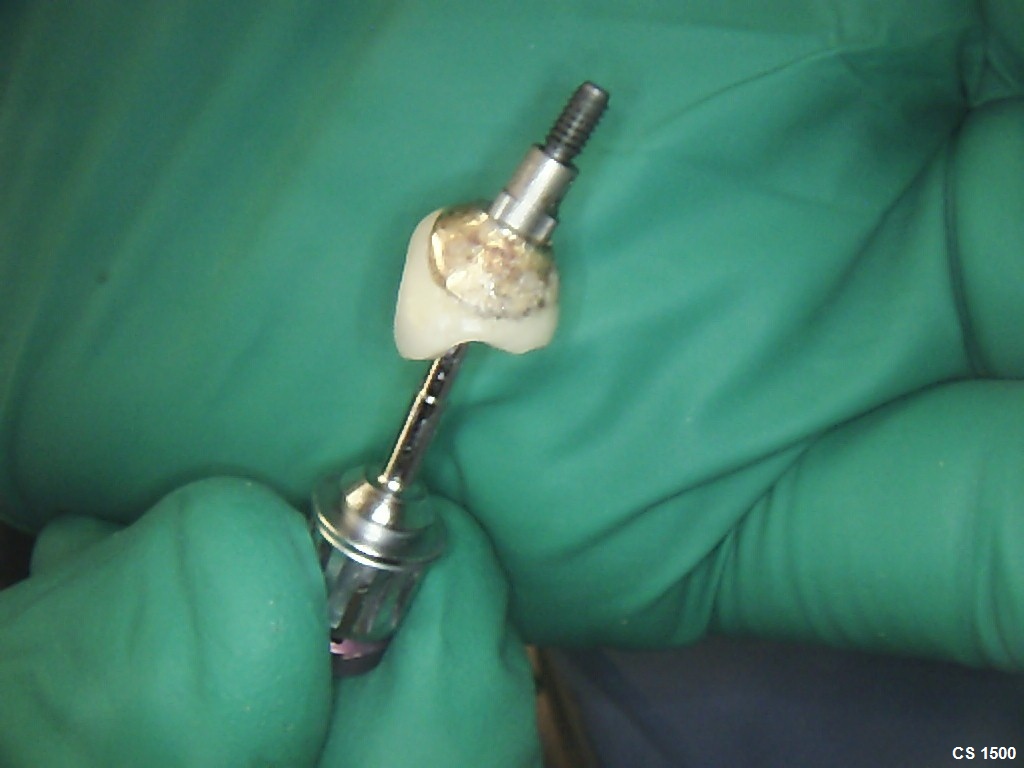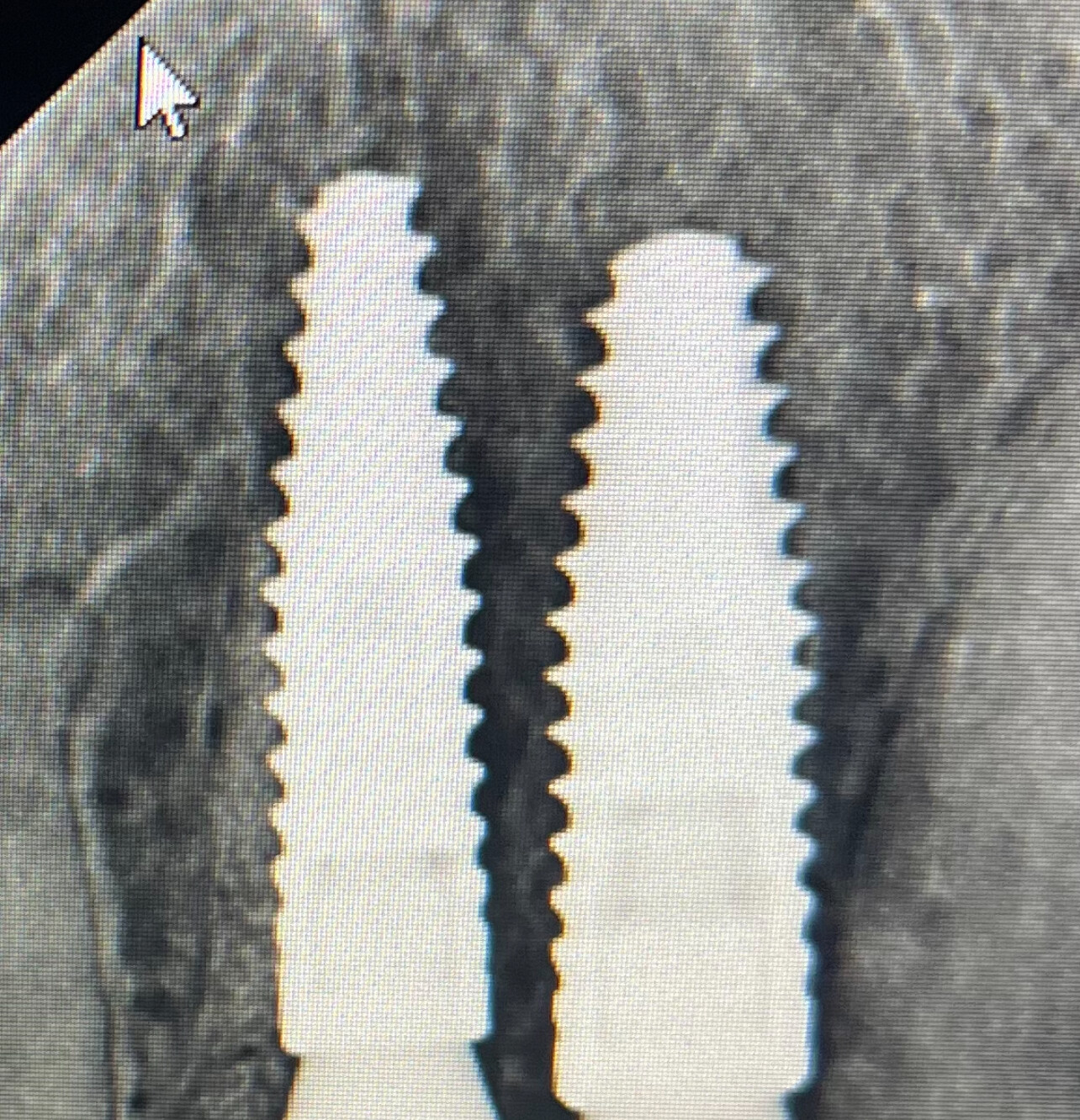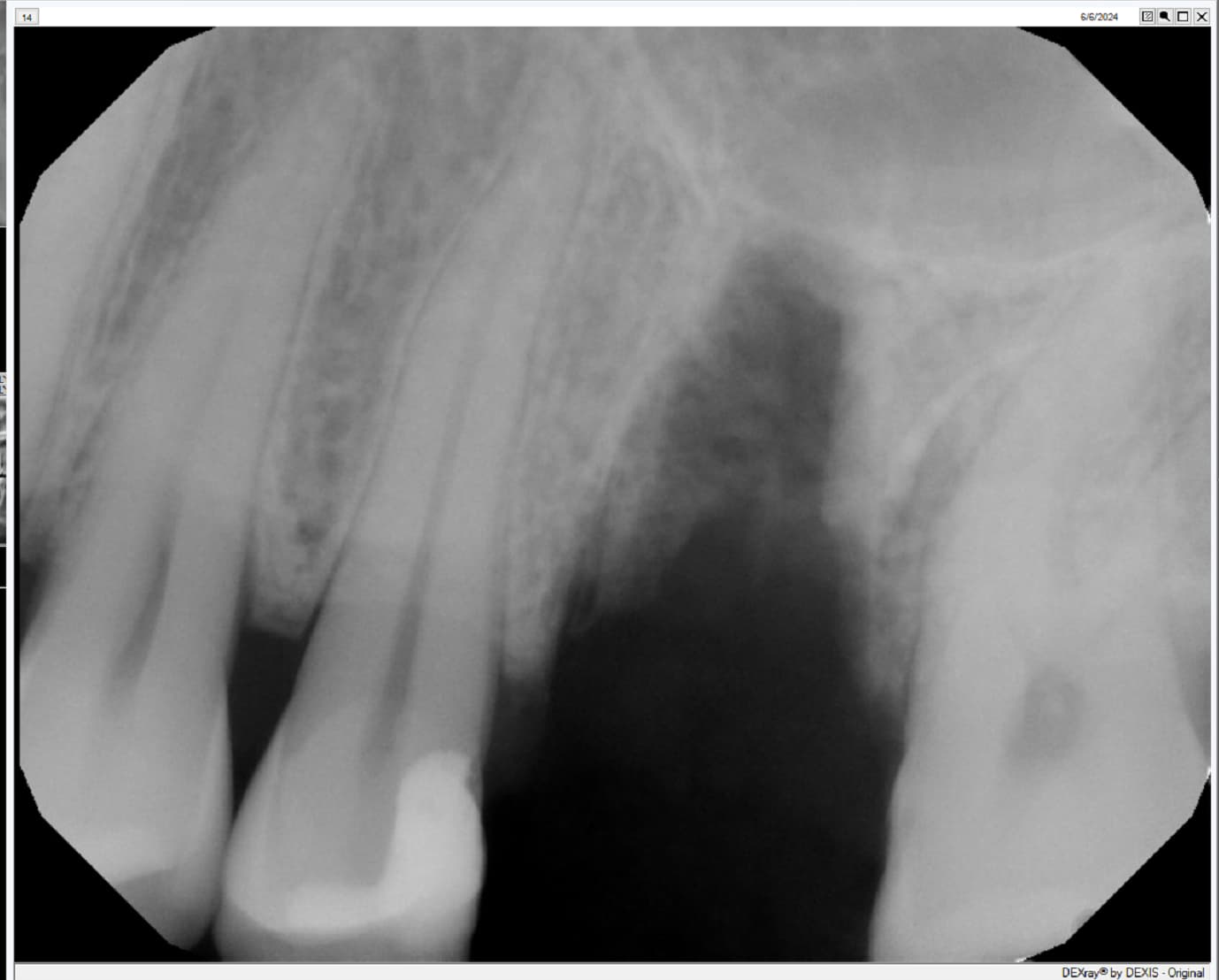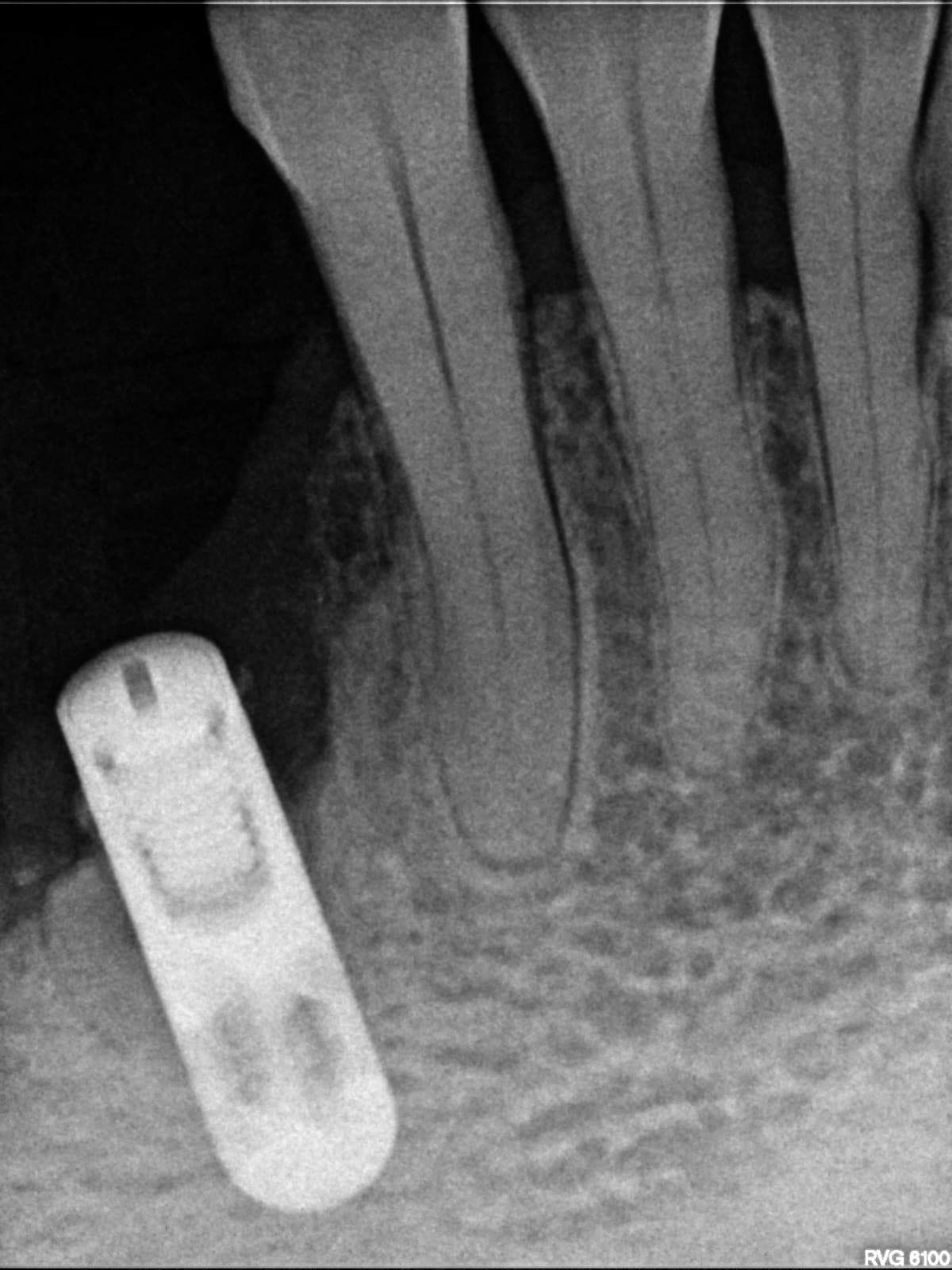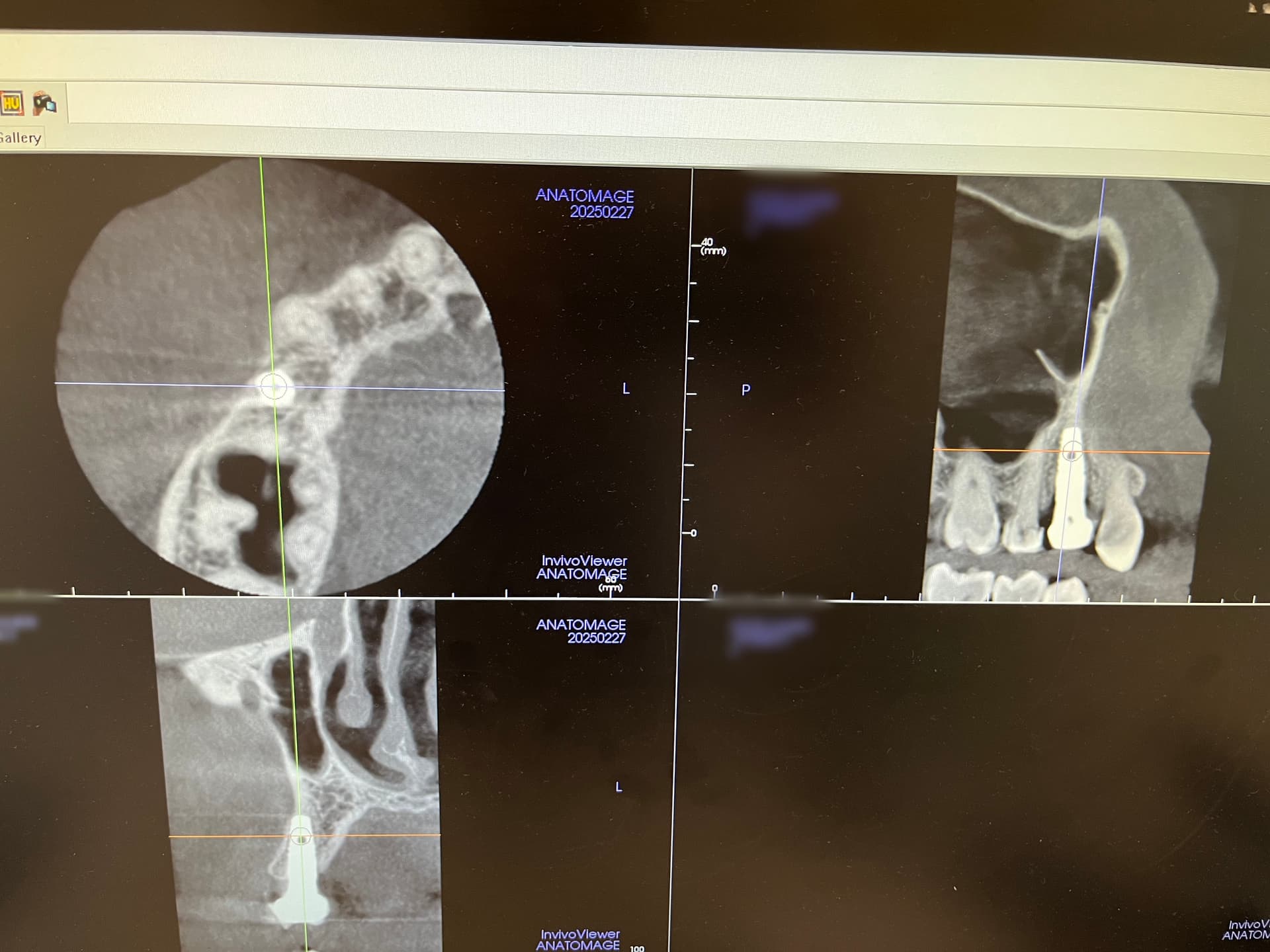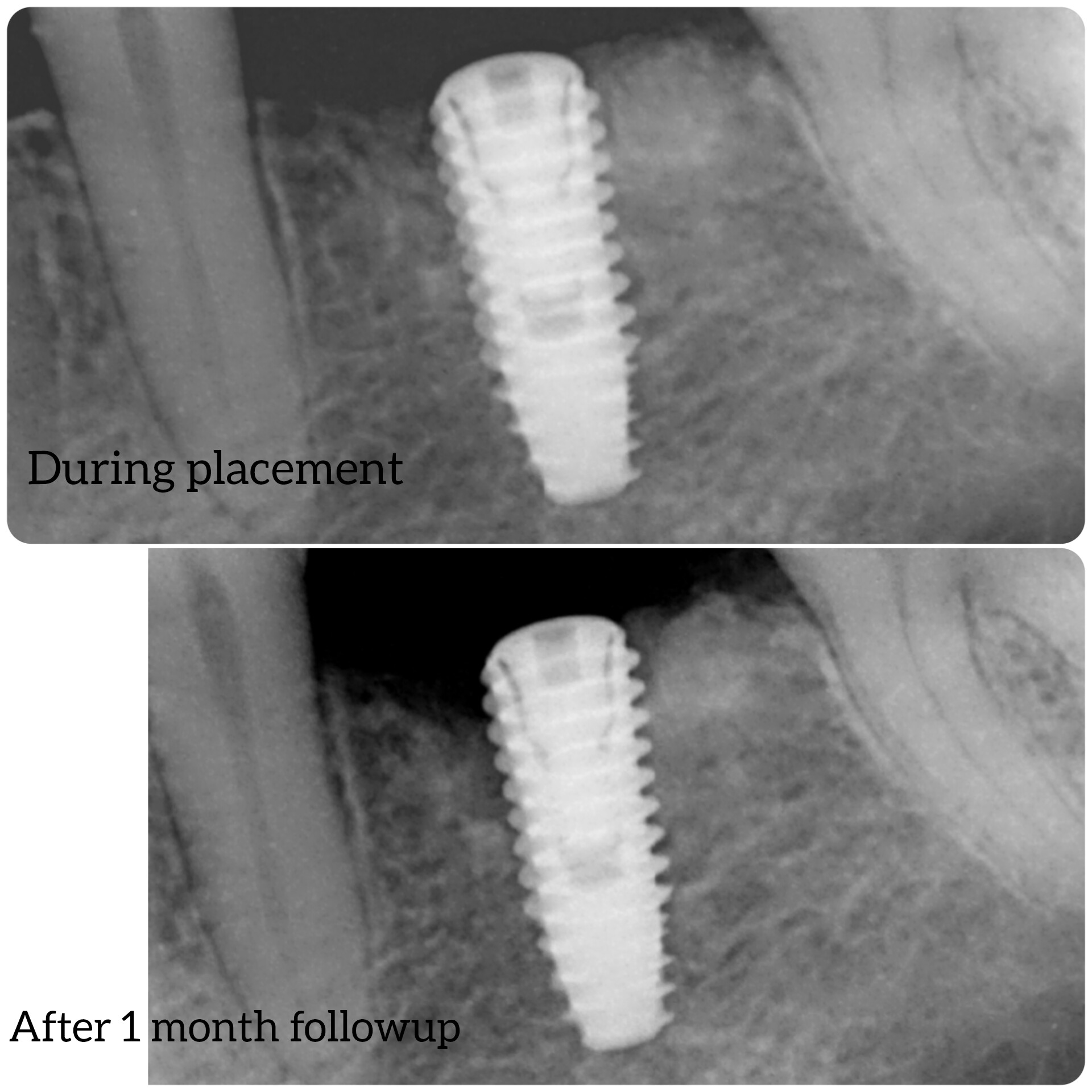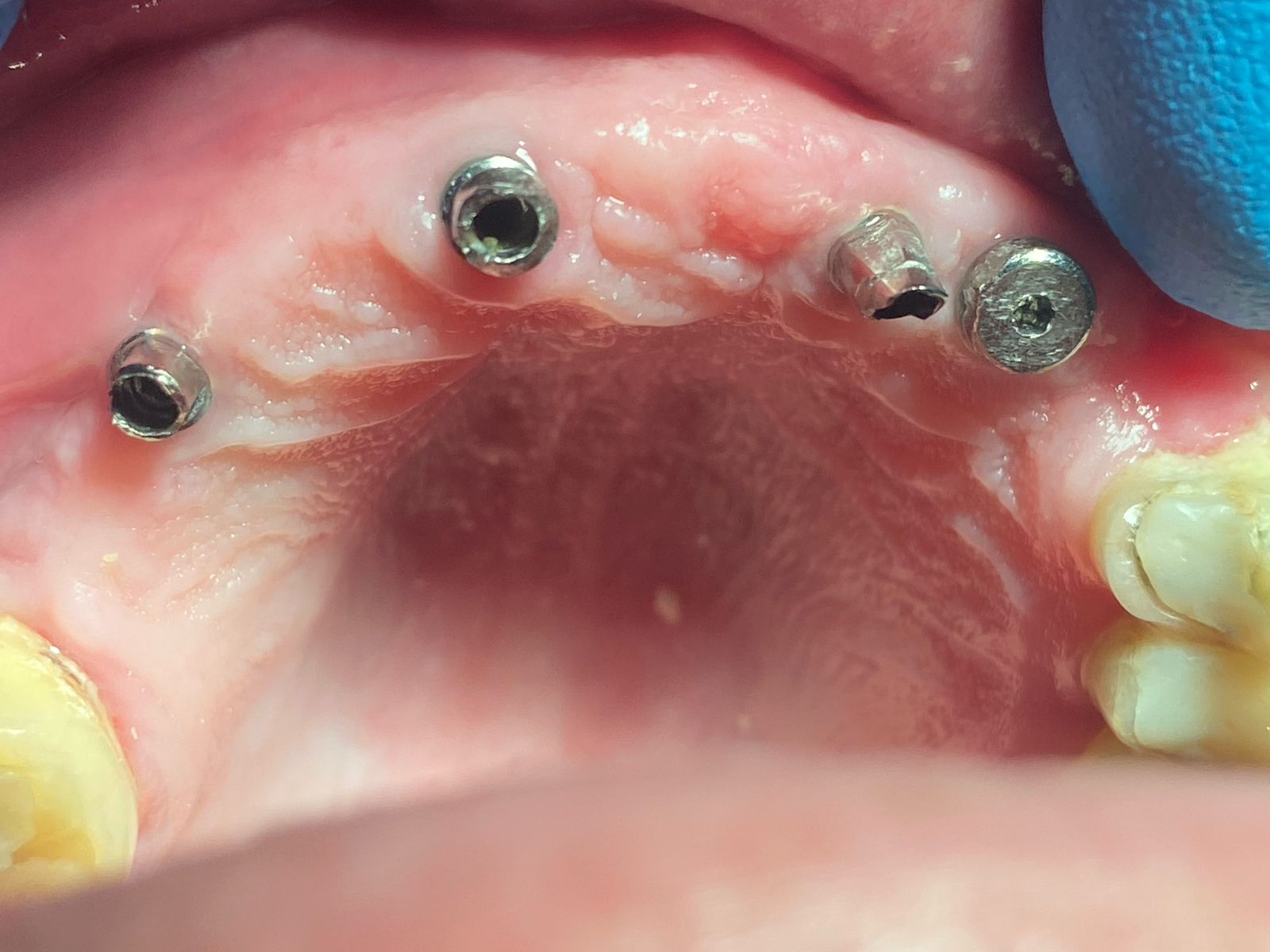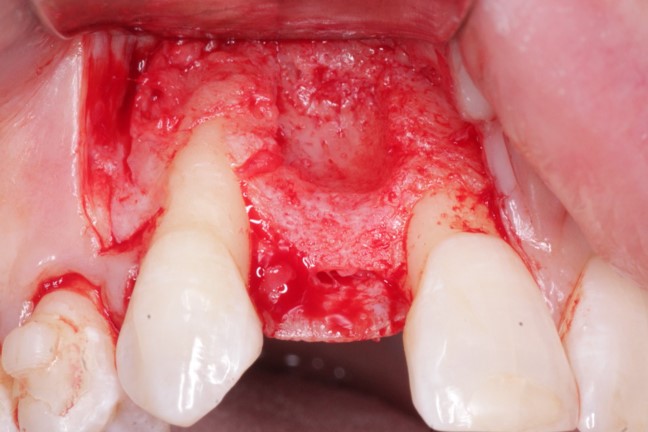Explaining an Implant Treatment Plan to a Patient: best approach?
How would you manage a situation where you present an implant treatment plan to your patient and they want fewer implants than you recommend? What techniques do you use to explain your justification for why they need the number of implants you recommend? If the patient still insists on fewer implants, should you just decline to treat?
14 Comments on Explaining an Implant Treatment Plan to a Patient: best approach?
New comments are currently closed for this post.
Timothy C Carter
10/31/2018
Not sure what the situation or restorative plan is but you can always compromise with fewer teeth in the end. I have to do this every day and what I have discovered is that people can function just fine with a lot less dentistry.
Glen
10/31/2018
If they can have at least contiguous occlusion 2nd bicuspid bilaterally upper and lower, they can function pretty well. Everything else is gravy. Second molars, especially lowers, are always optional as that has been the most frequent failed implant I've seen, whether placed by oral surgeon or periodontist, and restored by me or someone else.
rick
10/31/2018
I try and use the line, " according to my training, skill and judgement, this is the number of implants you need and why." I quote key implant positions according to Misch Contemporary Implant Dentistry 3rd ed. so they understand their is science that goes into treatment planning.
If they cannot afford what I offer, then they must either go to a different prosthesis like a locator denture and if they can't afford 6 maxillary implants --for example-- the palate of the denture remains and I won't do a horseshoe design until there are at least 6 implants so I can utilize soft tissue support. You are the doctor and it's up to you to educate and sequence their care surgically and prosthetically..
Carlos Boudet, DDS DICOI
10/31/2018
In dentistry, as well as in life, you always have choices. Part of informed consent is giving the patient all his (or hers) alternatives. I make sure that I give my patients all available options, and the pros and cons of each choice. I also emphasize the advantages of the choice I recommend. The patient ultimately decides what he or she is willing and able to do.
Timothy C Carter
10/31/2018
After reading this post I went back and reviewed ITI (International Team For Implantology)Treatment Guide Vol. 4. As I thought, all of the recommendations for implant number/distribution are exactly that, a "recommendation". A recommendation is not fact or science but rather an agreed upon protocol that has worked in the author's hands. Unfortunately in today's world of implant dentistry the "training" that most docs receive is funded and administered directly by implant manufacturers. Because of the invested interest by both the manufacturer to sell more products and the dentist to make more $$ there is a lot of over treatment by virtue of following recommendations. I see it all the time with folks insisting on grafting every extraction site and utilizing barrier membranes even with contained defects..... all because it is recommended by the manufacturer trying to generate more revenue to the weekend student by selling more products. All of the recommendations work but they are not requirements for success. Just compromise and you can still pay the bills and have happy patients.
Dr. Gerald Rudick
10/31/2018
A lot of good advice posted above...….dental implants are placed not only to make the patient look good, but to help the patient function when chewing food...… this places stress on the implants, and if you overload the implants, then they are doomed to fail... so if you are thinking about placing implants, think about having them work within their physiological stress limits...do not overload them.
Bruce A Smoler, DDS, FAGD
10/31/2018
Our focus is specific: solutions to their condition, not just talking about teeth. A higher level of value can be placed on the benefits to their everyday living. We used to go through an involved tooth by tooth exam with co-diagnosis, but what was missing was the VALUE to their everyday eating, chewing and speaking. All too often, Dentists seem to focus just on the teeth with their treatment plans instead of the bigger picture of long term health and welfare. Instill HOPE just when you present the fees vs making the patient feel embarrassed or upset about their dental condition and just when they want to cry, tell them the fee. Monumentally a YUGE difference.
Dr Dale Gerke, BDS, BScDe
10/31/2018
There is a joke about three dentists having lunch together one day. One said, “The trouble with dentists is that you can never get them to all agree.” One of the other dentists said, “I don’t agree with that.”
So... it is unlikely that all dentists will agree with each others proposed treatment plans and/or methodology.
It is therefore not unreasonable that a patient might not consent to a proposed treatment plan – for many reasons but I suspect primarily; fear, finances, time.
It is therefore important that several treatment options are explained to your patient – but at the same time explaining why you feel one option might be better than the others. However I have also found that there is a compromise between “informed consent” requirements and too much information. If you bombard the patient with too many options or too much explanation, generally confusion reigns and as such the patient will often hesitate (sometimes for a very long time – even forever).
I have previously mentioned in posts that it is often better to over engineer a case rather than have it fail due to mechanical breakage or having excessive biological stresses cause soft or hard tissue problems. Having said this, “all on four” has been advocated for decades and in many/most cases, a satisfactory result can be achieved. Nevertheless, I never advocate a minimal approach unless it is an implant retained denture (in which case stresses are less and repair and implant replacement are easier and cheaper than a fixed bridge situation).
I aim to simply explain in the following way why I advocate more implants rather than less. “We could just place 4 implants but I feel we would be stretching the biological limits. Therefore I recommend one or two extra implants be placed – for two main reasons. Firstly it spreads the load more which means less stress on each individual implant which therefore means there will be a greater probability of long term success rate for you. Secondly, it gives us a safety factor – if one or possibly two implants fail after time, then there would most likely be enough left so no more surgery would be needed. However you need to realise that the total cost will be more for every extra implant we add – because of the extra cost of the implant/s but also the extra time and laboratory cost involved. So we have to consider all factors here. I therefore recommend this option as a reasonable compromise.... (tell them your best option)”
If the patient is around the 50 years old or more, I also add that at the moment they are young enough and healthy enough to have implants placed. But in 5, 10, 15 or 20 years time this might not be the case. So whatever we do, we would be prudent to reduce the possibility of needing further surgery at a later date. Hence my recommendation to over engineer the treatment plan, rather than suggest the minimum.
I have never had a patient who did not understand the logic of this approach and appreciate the advice. However that is not to say they all accepted my proposed treatment.
My experience has been that most patients appreciate a discussion where you are honest, respectful and sincere about a recommendation which is not money orientated but rather one that you genuinely feel would provide the best outcome for them. Irrespective of what your patient finally decides, you should give them the best possible advice and make notes. The only thing you cannot do is succumb to a patient’s request that you know or feel is inadequate or cannot be successful. Although the patient has the right to choose whatever treatment they wish, it is not acceptable that you agree to do an inadequate treatment plan. Legally, morally and professionally you should refuse to carry out a plan you know has little or no chance of being satisfactory.
Pankaj Narkhede DDS MDS
10/31/2018
If your fees are at a higher end. Giving a few extra implants free or at a lesser cost doesn't matter. As far as I am concerned - I do not compromise just because the patient wants less implants. I am the doctor and I decide what is best. Doing implants since 30 years. Long term success with precise treatment plan is the goal. I always present a full figure, in that amount it doesn't matter how many implants or bone grafts or membranes I include. The results are very important to me.
In general - It is not important how MANY implants I have given - It is how PERFECTLY I have provided my services :-)
Raul
10/31/2018
Pankaj,
Wao, Wao, Congratulations very seldom if come across someone with such a good attitude and philosophy of providing implant treatment. That has been always my philosophy and we are in total agreement.
Sincerely,
Raul Mena
Matthew dmd
10/31/2018
You are not in control of patients. You control your office and your underlying philosophy. Do what you would want others to do to you or your family. If it works into that philosophy do it, if not there is someone who will. Lesser treatment is always an option, but make sure the patient understands the limitations of each option. No real answer to your dilemma. Do what feels right and sleep at night.
Jihad Joseph AKL
11/1/2018
Our objective should always remain to secure our patients and ourselves with good solutions on a long term basis without abuse or overtreatments. It s the patient duty to select where in life he would love to compromise. I wouldn’t agree that dentistry should be a compromising line. Our effort should be how to convince the patient with our plan and not how to meet his numbers. 30 years of practice has made me firmer in my approach with patients
Mr. SR (BDS MSc)
11/1/2018
Great question Dr Gerke and excellent answers thank you all - I have been on this chat for years and never once commented but this is a philosophical , scientific, health dilemma that I face daily as a very experienced dental implant and restorative surgeon of many years, that it has made me finally comment, in much appreciation . All the comments above wholly reassure me that I am on the right track........
Dr Mahendra Bagur
11/2/2018
For some good reason, there are 38 roots in total for chewing. There is compromise..well lot of compromise and number of implants required dwindling down and eventually... back to square one.










